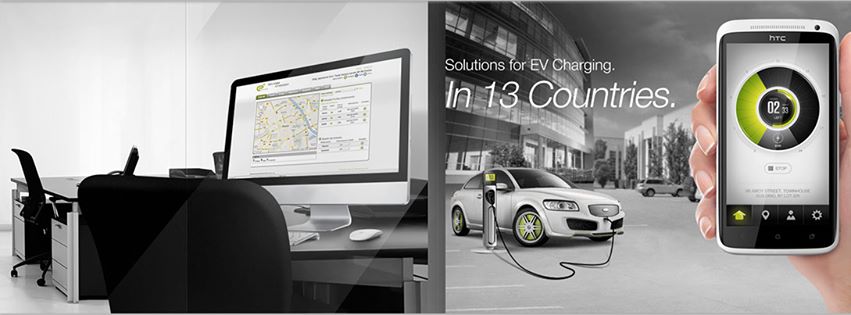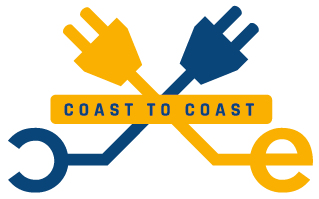
For many EV proponents, the back-to-back bankruptcies of Ecotality and Better Place have been sobering, but not surprising.
Though both were early pioneers in the EV charging space, many believe their fatal flaw was the closed network model adopted by both. Rather than making all chargers available to all drivers and providing site hosts the flexibility to mix and match different types of chargers to specific needs, Ecotality and Better Place ended up frustrating drivers by enforcing “member-only” policies and have now left more than 12K stranded chargers for site hosts to deal with.
To date, the initial rollout of publicly funded networked charge stations for plug-in electric vehicles (PEVs) in California has been administered by proprietary network management systems and vendors.This has created an issue of “vendor lock-in” for site hosts who are unable to switch the backend software management platform to another network provider; to change network management systems the site host would have to discard the existing hardware and purchase new charge stations.
As a result, the use of proprietary network management platforms has had the following impacts in California:
- Significantly limited the choice of technology and business models to both site hosts and consumers
- Resulted in higher costs for charging stations and network management fees as compared to an openly competitive market
- “Locked in” both site hosts and consumers into a single vendor solution given that “switching costs: to migrate from one solution to another are so high that changing vendor is not viable
- Stunted market growth and slowed the pace of innovation as vendors with proprietary solutions seek to preserve their business models and existing solutions
As successfully demonstrated in The Netherlands and across Europe, charging networks based on open technical standards are an excellent alternative to proprietary networks. These networks based on open technical standards:
- Provide site hosts the freedom to switch network management providers without having to purchase new charging stations
- The flexibility stimulates technical innovation and allows free market competition to push down the costs of both charging station hardware and backend software
Adoption of open standards has increased across the globe as employers and hosts recognize the need to provide solutions that are interoperable. The risks inherent in purchasing hardware with closed networks have proven costly for all stakeholders, soon enough we’ll all go the way of the Dutch.
About Greenlots
Greenlots is a global provider of open standards-based technology solutions for electric vehicle (EV) networks. Designed to solve the payment and network management problems created by proprietary EV charging networks, Greenlots’ SKY platform answers the needs of site hosts offering workplace, utility and public charging applications with a range of new features. Based on the Open Charge Point Protocol (OCPP), the largest open standard for charger-to-network communications, SKY features including dynamic queuing, variable pricing and popular smart phone options including pay-by-phone. Site hosts running on SKY are immune from “stranded asset” syndrome and now have the flexibility to mix and match charging stations, while setting station pricing to best suit their application: by kWh, session or time length. Greenlots is headquartered in San Francisco and operates in 13 countries. Please visit us at: www.greenlots.com
